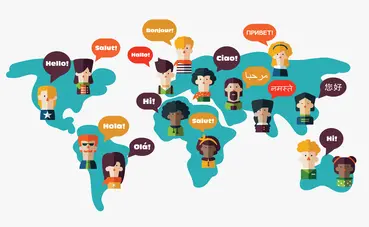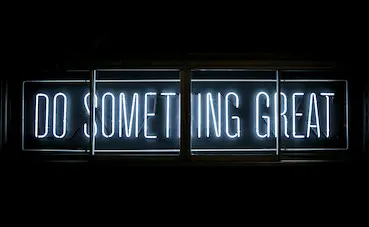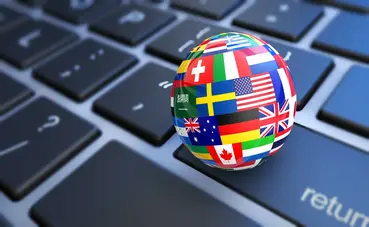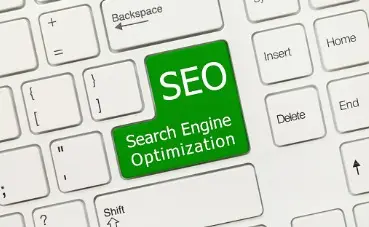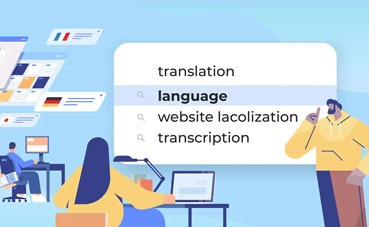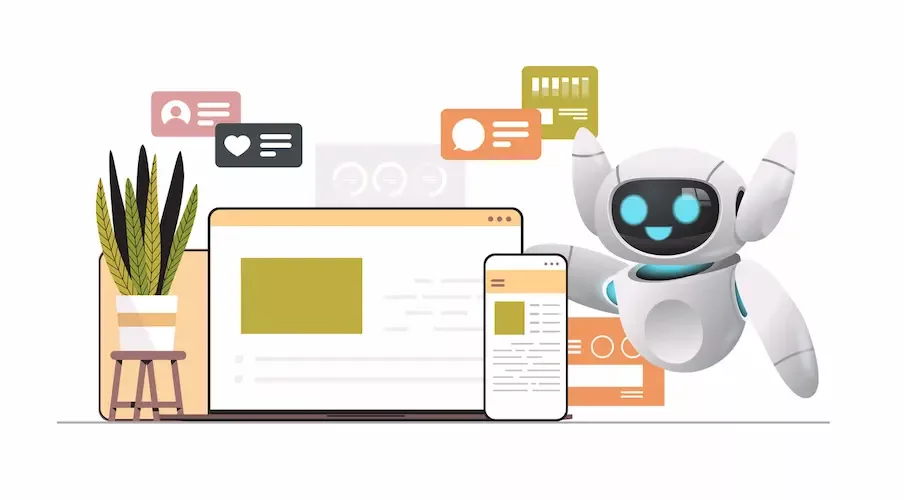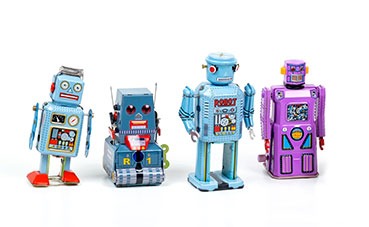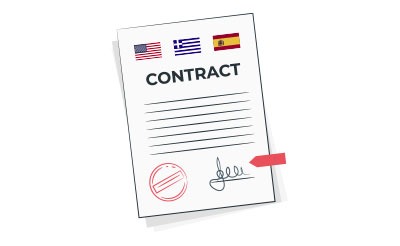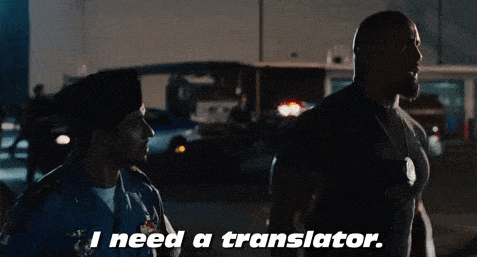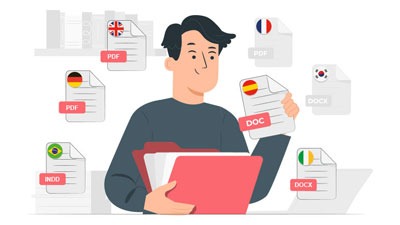Shopify multilingual: how to translate your store and boost your international sales
Shopify multilingual: how to translate your store and boost your international sales Shopify is one of the most powerful e-commerce CMSs for growing an international business. Thanks to its flexible features and the many available translation solutions, it allows merchants to adapt their store into multiple languages and reach a global audience. But how do you properly translate your Shopify site? Between different methods, available tools, and SEO best practices, it's essential to structure your project to ensure effective results. In this article, we explore the most suitable solutions for translating a Shopify site, as well as the key steps to a successful implementation. 🏆 Why properly translating your Shopify site is essential Translating an e-commerce site is more than just converting text from one language to another. A good translation should be smooth, natural, and culturally adapted. ✅ Increase your revenue: reach new markets and customers ✅ Improve international SEO: optimize your ranking on Google and other search engines ✅ Build brand credibility: good translation builds trust ✅ Improve user experience: offer a fluid and localized customer journey ⚠ Only 5% of websites are multilingual, yet 60% of consumers prefer to browse in their native language. There is a real opportunity for merchants looking to expand internationally. 🔍 The different translation methods 1️⃣ Automatic translation Most Shopify plugins offer automatic translation of content. This method saves time and reduces costs, but it has its limitations. ⚠️ Brand issues: translation errors can damage your image and credibility. ⚠️ SEO [...]









